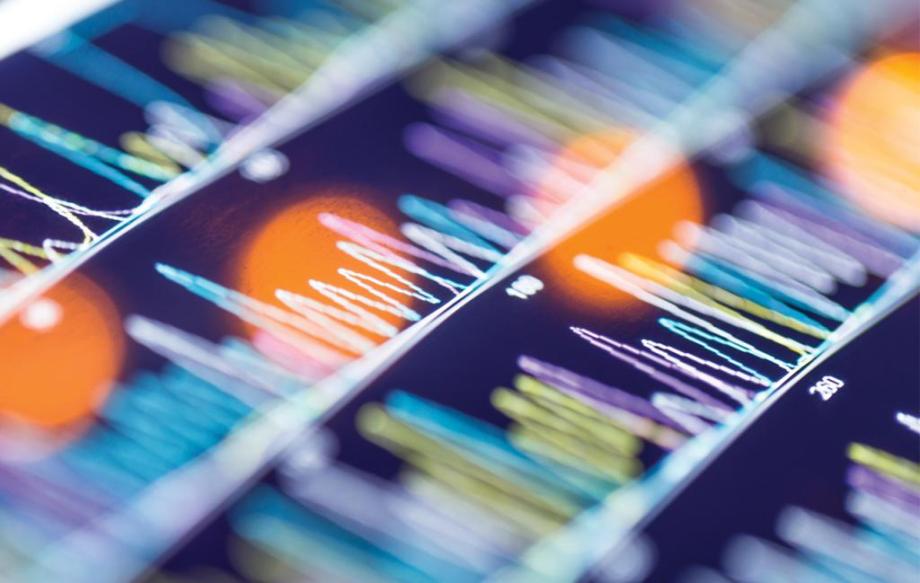The recent explosion of generative artificial intelligence (AI) has fueled interest in and concern over the use of AI in drug discovery and research and development. Already, the market for AI in drug discovery is estimated to be worth about $1.4B, and this is expected to increase to about $3.7B by 2027.1 AI-driven startups promise “unprecedented level[s] of efficacy and precision,”2 “revolutionary drug discovery engine[s],”3 and to “radically improve the timely creation of high-quality drug candidates.”4 Given the significant time and monetary investments associated with conventional drug discovery and development, it is no wonder that the hope for faster and more successful drug development has created considerable hype in the biopharmaceutical industry. However, while there is growing evidence that AI may transform the drug discovery and research and development process, there are still several barriers, both technical and ethical, to the rise of AI in the biopharmaceutical industry.
This article was originally published in Drug Discovery Online.



